Foods and Drug Interactions
0 Comments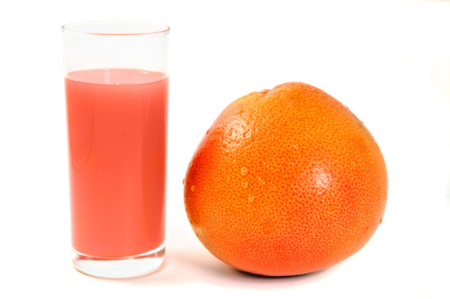
Hidden Danger of Grapefruit Juice
Grapefruit juice contains certain chemicals that interfere with the metabolism of particular prescription medications in your digestive system. Consequently, more medication remains in your body and can increase the potency of the drug to potentially dangerous levels. Types of medications that dangerously interact with grapefruit juice are anti-anxiety, anti-arrhythmia, anti-depressant, antihistamine, anti-retroviral, ant-seizure, calcium channel blockers, immunosuppressant and statins. Photo: Getty Images
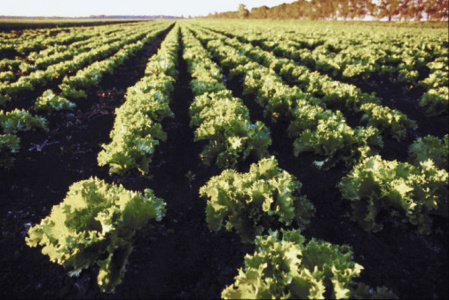
When Not to Eat Your Green Vegetables
Green leafy vegetables are particularly good sources of vitamin K. Eating foods high in vitamin K are hazardous if you are taking warfarin, a blood-thinning medication. Vitamin K helps blood clot and reverses the effect of warfarin, which is prescribed for patients at risk for clot formation. Photo: Getty Images
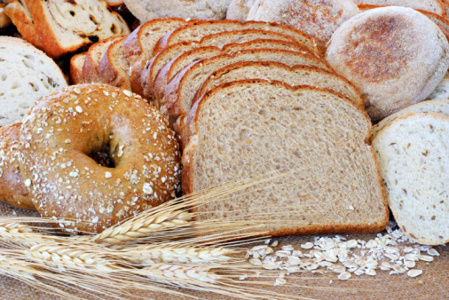
Overlooked Danger of Fiber
The health benefits of dietary fiber are well known, but its dangerous interaction with certain prescription medications is often overlooked. Dietary fiber has been reported to interfere with the absorption of tricyclic anti-depressants, anti-diabetic medications specifically glyburide and metformin, statins, digoxin, lithium and penicillin. Interference in the absorption of a drug can decrease its effectiveness. Photo: Getty Images
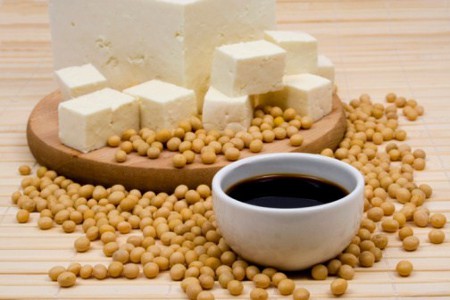
MAO Inhibitors and Foods High in Tyramine
MAO inhibitors are medications prescribed to treat depression and emotional and anxiety disorders. A rapid and potentially fatal increase in blood pressure can occur if foods high in tryamine are eaten while taking MAO inhibitors. Tryamine is an organic compound found in foods and naturally elevates blood pressure and increases heart rate. Foods that are high in tryamine include avocados, aged cheeses, soy sauce, tofu, miso, aged meats, sauerkraut, snow peas, fava beans, bananas, raisins, yeast extracts, ginseng, licorice and caffeine. Photo: Getty Images
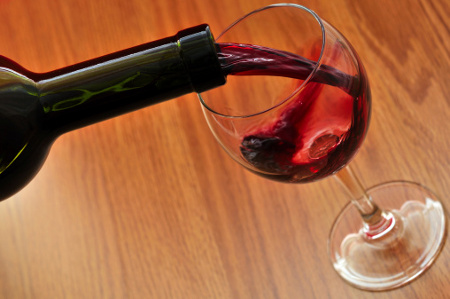
Avoid Alcohol with Antihistamines and Narcotic Analgesics
Alcohol increases the potency of antihistamines and narcotic pain relievers. Avoid alcohol while taking an antihistamine medication, often used to treat allergies, hay fever or the symptoms of a cold. Alcohol increases the sedative effect of antihistamines. Never drink alcohol while taking a narcotic analgesic. Alcohol will increase the sedative effect of the drug. Photo: Getty Images
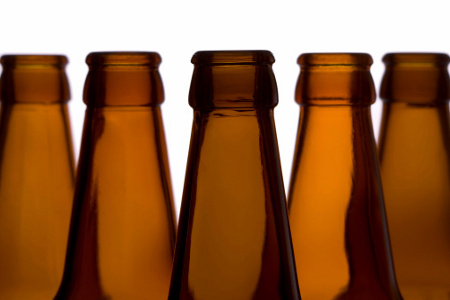
Avoid Alcohol with Acetaminophen, Aspirin, NSAIDs, Statins
Acetaminophen and aspirin are over-the-counter drugs that are commonly used to treat mild to moderate pain or reduce an elevated temperature. NSAIDs are anti-inflammatory drugs that do not contain steroids. They are prescribed to treat the symptoms of arthritis and to reduce pain, fever and inflammation. Statins are a group of medications prescribed to control blood cholesterol levels. Avoid alcohol while taking any of these medications. The combination of alcohol and these medications increases the risk for liver damage and gastric bleeding. Photo: Getty Images
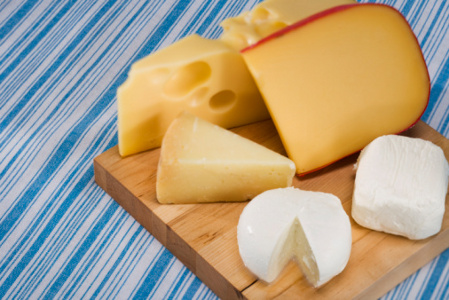
Dairy Products and Tetracycline Don’t Mix
The calcium in milk and other dairy products binds to tetracycline. It interferes with the absorption of the drug making this antibiotic less effective. This antibiotic should be taken on an empty stomach with eight ounces of water. Photo: Getty Images
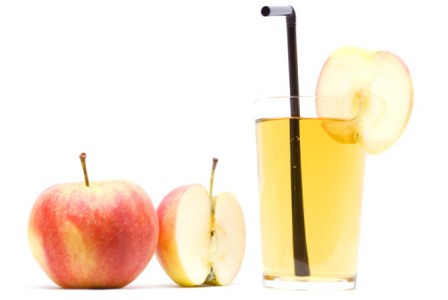
Don’t Take Allegra with Fruit Juice
Allegra is an antihistamine medication prescribed to treat the symptoms of seasonal allergies in adults and children. It relieves itchy skin and hives associated with a condition called chronic idiopathic urticaria. Avoid taking Allegra with fruit juice such as apple, orange and grapefruit. Fruit juices block the absorption of this medication. Photo: Getty Images
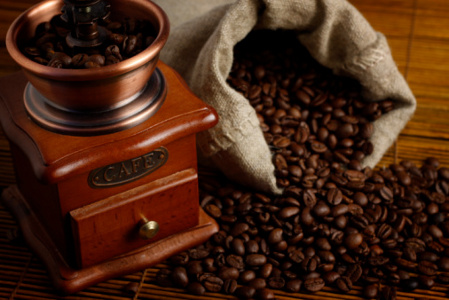
Caffeine and Theophylline
Theophylline is a bronchodilator prescribed to treat the symptoms of bronchial asthma, chronic bronchitis and emphysema. Avoid eating foods and drinking beverages that contain large amounts of caffeine. Caffeine can increase the concentration levels of theophylline in your blood. Photo: Getty Images
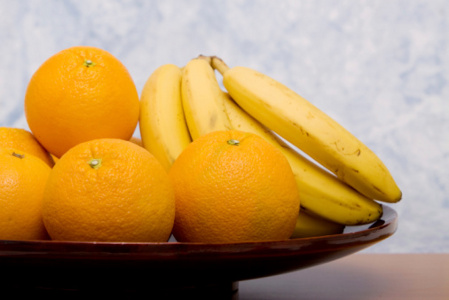
Limit Bananas and Orange Juice While Taking Triamterene
Triamterene is a diuretic prescribed to reduce edema, which is the retention of fluid in body tissue. Unlike other diuretics, triamterene does not lead to potassium loss. When taking this medication, avoid eating large amounts of potassium-rich foods such as bananas, oranges and orange juice, green leafy vegetables, prunes, raisins and potassium-containing salt substitutes. Sources: MayoClinic.com: Grapefruit Juice: Beware of Dangerous Medication Interaction SignOnSanDiego.com: Prescription for Conflict Colorado State University: Nutrient--Drug Interactions and Food University of Maryland Medical Center: Possible Interactions with: Fiber Drugs.com: Allegra Theophylline Food & Lifestyle Interactions NCBI.NLM.NIH.gov: Triamterene Article by Maryann Gromisch Photo: Getty Images
Add a CommentComments
There are no comments yet. Be the first one and get the conversation started!